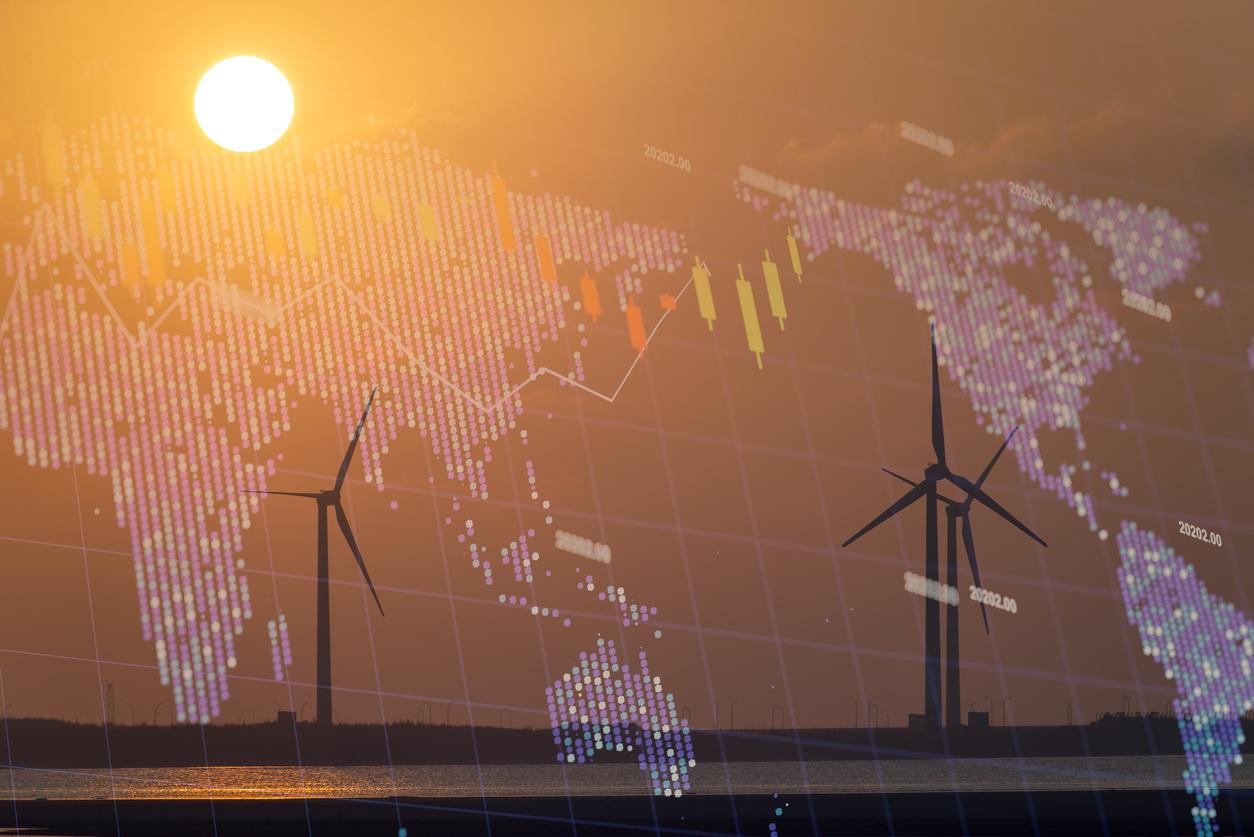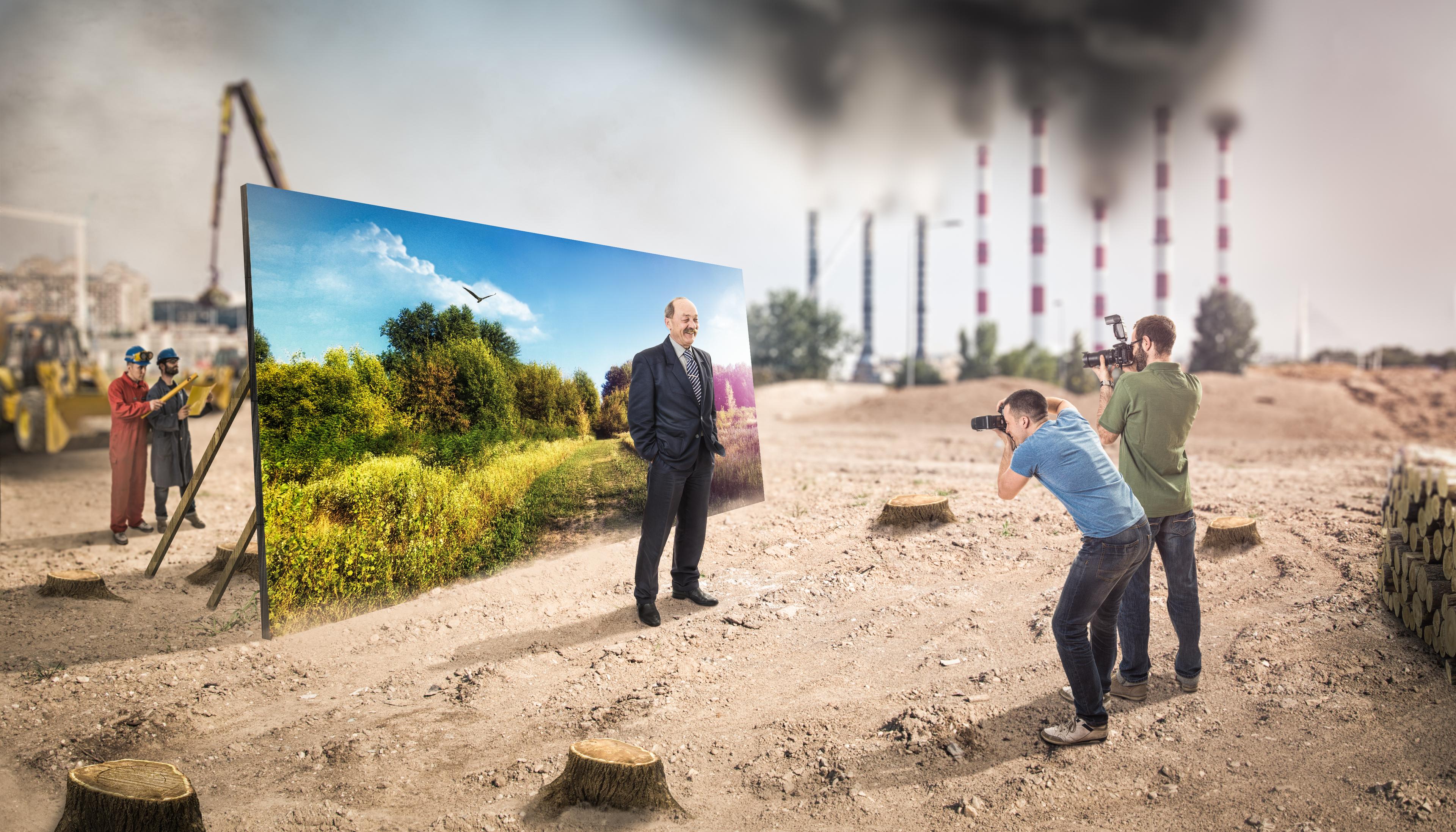Blog
Who controls COP30? Confronting corporate influence and closing integrity gaps in global climate governance

Corporate lobbying and undue influence have been a recurrent theme in the COP climate summits. Indeed, U4 has highlighted it on several occasions. Looking at the effect of lobbying on climate change policies and programmes a 2021 U4 Issue noted that the primary concern was the inequality of access for different stakeholders. Particularly, that voices from civil society, labour, and people’s organisations, professional associations, and indigenous communities were often in the minority. Both in terms of the amount of financial influence they could bring to bear but also in terms of actual access to policy makers. In a 2023 U4 blog post, I also noted a serious problem in previous COPs – discussing the scandal involving the President of COP28 and his attempts to arrange side meetings with fossil fuel companies in order to make financially beneficial deals.
Other actors are also raising concerns about corporate lobbying, conflicts of interest, and undue influence in climate change policy, programmes, and international summits. Transparency International have been working tirelessly on this issue for many years (see their statements on COP27, COP28, and COP29). In March this year, they launched an effort to rid COP30 of the undue influence of fossil fuel companies over the COP process. And in late October 2025, TI published an in-depth report Fuelling delay: How fossil fuel interests shape global climate negotiations. The report investigates how fossil fuel interests have historically and continually influenced UN climate negotiations under the UNFCCC, undermining ambition and delaying climate action. It is based on 39 interviews with negotiators, observers, and researchers, along with extensive document and literature analysis. An important and timely report.
Corruption, and particularly the undue influence of fossil fuel corporations, is damaging climate outcomes. There is a major contradiction between the financial interests of fossil fuel companies in prolonging and maintaining their production, and between the global interest of a habitable planet where all people can thrive, irrespective of their economic position. In May 2024, the Guardian reported that the majority of scientists agree that the 1.5 degree target set out in the Paris agreement is out of reach. Indeed, they state that if we continue the current path of climate policies, we are looking at a 2.7-degree rise in global temperatures. Earlier this year, the same paper reported that average global temperature rises in 2024 had already reached 1.5 degrees for the first time in human history.
Many academic studies warn that exceeding 1.5 degrees could create conditions for multiple climate tipping points (CTP), that could lead to runaway climate consequences. The South China Morning Post, a newspaper from Hong Kong, reported that a 2.7 degree rise would affect 2 billion people worldwide. That is 20% of the global population. This is further documented by a novel approach to studying climate impact by Lenton et.al. 2023 study published in Nature. Instead of looking at the financial costs associated with climatic consequences, they have quantified the human cost. Essentially, they have calculated the percentage of the global population that will fall outside the ‘human climate niche’. In simple language: the range of climates – especially average yearly temperatures – where most humans have traditionally and historically lived and thrived. Their research shows that as of 2023, 9% of people already are outside of that range due to existing climate change. A 2.7 degree rise in temperature would leave between 22–39% outside of the niche.
At a 3 degree rise, the World Resources Institute states that the consequences would be catastrophic. Food production would reduce by as much as 50% causing repeated food shortages and famine around the world. Academic studies such as Trajer: 2020 and Adepoju et.al. 2023 show a major increase in malaria and other vector-borne diseases in Europe. Studies using historical datasets from Sweden correlate increased deaths from Malaria with higher temperatures. Indicating that the spread of Malaria may not be limited to the expansion of the malaria-causing P.vivax parasite in Southern Europe.
It is no longer considered alarmist to state that we are clearly failing our planet and the future generations of humanity by persisting with fossil fuels. Is it time for us, as a global population, to put a stop to corporate lobbying and the undue influence that places profits over the people of the world? It seems to me that action needs to be taken to control the fossil fuel industry's influence at COP in order to prevent corruption and secure significant and meaningful progress on addressing climate change.
Lobbying and undue influence
The main reason why action is needed is that the fossil fuel industry has been successful in both greenwashing their image and have relied heavily on corporate lobbying as a tool to avoid scrutiny. Some climate litigation cases in the USA have been successful in bringing fossil fuel fraud claims against companies for their decades long climate disinformation campaigns (see Henriksen 2024 and Letourneau et.al. 2023). The now proven role (see for example Franta 2021, Lopez 2022, Lewandowsky 2021) of fossil fuel companies in actively spreading climate skepticism has cast doubt over the legitimacy of their presence at successive COPs. Some academics have gone as far as to argued that the presence of fossil fuel companies at COP is damaging the credibility of the UNFCCC and the COP processes to manage climate change effectively (Fheili 2024).
In light of such evidence, what is the UNFCCC doing to address undue influence and conflicts of interests?
Conflict of interest rules in the UNFCCC: Structure and gaps
The United Nations Framework Convention on Climate Change (UNFCCC) has very gradually introduced conflict-of-interest (COI) rules within some parts of its institutional structure. There remains no overarching policies and the broader framework governing the annual Conferences of the Parties (COP) and the participation of non-state actors still lacks a consistent, enforceable policy.
Within the UNFCCC’s network of ‘constituted bodies’ – such as the Adaptation Committee, the Article 6.4 Supervisory Body, and the Compliance Committee of the Kyoto Protocol – members are now subject to formal COI requirements. These typically oblige individuals to disclose any actual, potential, or perceived conflicts of interest that might affect their impartiality, and to recuse themselves from decisions where their personal or financial interests could be implicated.
For example, the rules of procedure for the Article 6.4 Supervisory Body include a dedicated COI section alongside a code of conduct and confidentiality obligations. Similar language appears in the Adaptation Committee’s 2021 procedures and in the Warsaw International Mechanism for Loss and Damage, which explicitly requires recusal in cases of personal or financial stake.
These mechanisms reflect an incremental professionalisation of ethics norms within the UNFCCC’s technical and governance bodies. Members are expected to complete COI declarations and adhere to confidentiality undertakings. However, such policies apply almost exclusively to individuals formally appointed to internal committees – not to the much broader community of observers, lobbyists, or corporate representatives who attend COP meetings and interact with negotiators. And it is at the negotiations where major decisions are being taken, showing a major weakness in policies addressing undue influence and lobbying.
This weakness has been taken up by civil society organisations like Transparency International and Climate Action Network, who have repeatedly criticised the wider COP process. Including observer accreditation, event sponsorship, and private-sector participation – all of which remains largely unregulated.
It has also been noted that where there do exist ethical rules, they tend to lack enforcement mechanisms (Dambacher et.al. 2020). For example, they do not specify how disclosures are verified, how recusals are monitored, or what sanctions might apply in cases of violation. All of this creates potential vulnerabilities to undue influence and perceived bias, especially given the increasing presence of corporate and fossil-fuel interests at climate summits.
Consequently, the UNFCCC’s COI framework is often described by academics as a patchwork of policies rather than a coherent system (Mpiere 2025). It addresses internal procedural ethics but leaves gaps in areas where transparency and accountability are most critical – particularly in interactions between negotiators, private entities, and state delegates with commercial ties. Academics have lent their voice to raising these concerns and have proposed that COP clearly defines COIs and puts into place a system to manage them effectively (see for example Dambacher et.al. 2020, Nasiritousi et.al. 2024).
Strengthening integrity and accountability in the UNFCCC
The analysis of existing conflict-of-interest (COI) rules within the UNFCCC reveals a system that is evolving but still incomplete. To ensure the legitimacy and credibility of global climate governance, the UNFCCC would benefit from moving beyond fragmented internal rules toward a coherent and enforceable framework that governs all participants in the process.
1. Establishing a convention-wide integrity framework
The most fundamental step would be to adopt a comprehensive, UNFCCC-wide conflict-of-interest policy. At present, COI provisions are scattered across individual committees and supervisory bodies, but no convention-wide framework applies to party delegates, accredited observers, or corporate sponsors. A unified policy would create a consistent standard for disclosure, recusal, and enforcement, closing the gaps that currently allow inconsistencies between bodies.
This policy could draw on international precedents such as the World Health Organization’s framework of engagement with non-state actors (FENSA) or the OECD guidelines for managing conflicts of interest in the public sector, both of which balance transparency with the need for broad stakeholder participation. Under such a model, all individuals and organisations participating in UNFCCC processes – from negotiators to event sponsors – would be required to disclose financial interests and potential conflicts before accreditation.
To oversee these measures, the UNFCCC Secretariat could establish an independent Ethics and Integrity Office. This body would be responsible for collecting and reviewing COI disclosures, monitoring compliance, and investigating potential breaches. It could also publish an annual integrity report, providing public transparency about how conflicts are managed across the Convention’s activities.
2. Improving procedural safeguards
Beyond overarching policy reform, there is a need to standardise COI clauses across all constituted bodies. While several committees already require disclosure and recusal, their procedures vary in formality and enforcement. A consistent set of rules would ensure that all committees apply the same standards for transparency, independence, and accountability. Public access to COI declarations would further enhance confidence in the process.
Procedural reforms should also extend to delegation transparency. At present, national delegations are not obliged to disclose the professional affiliations of their members, even when they include representatives of state-owned energy companies or industry associations. Mandatory disclosure of delegation composition would help identify potential conflicts and clarify whose interests are represented in negotiations.
Similarly, COP sponsorships and funding sources should be made fully public. The practice of accepting sponsorships from corporations whose core business depends on fossil fuels or high-carbon activities undermines the credibility of the climate process. The UNFCCC could follow the lead of other international organisations by prohibiting sponsorship from companies whose activities are fundamentally misaligned with the goals of the Paris Agreement.
3. Expanding COI principles to non-state actors
The UNFCCC’s observer and side-event structure is one of its strengths, offering an open platform for civil society, Indigenous peoples, youth, and the private sector. Yet, without clear COI rules, this openness can also become a channel for undue influence. Observers and event organisers should therefore be required to submit conflict-of-interest declarations as part of their accreditation.
To ensure fairness, the UNFCCC could adopt balance criteria for non-state actor participation, preventing disproportionate representation of corporate interests relative to civil society or scientific organisations. A “cooling-off” period might also be introduced for individuals moving directly from industry lobbying roles into UNFCCC governance positions, helping to preserve independence and avoid perceptions of capture.
4. Building a culture of transparency
While formal rules are essential, effective governance also depends on culture. The UNFCCC could promote a stronger ethos of ethical transparency by integrating COI awareness and disclosure training into delegate orientation and Secretariat staff programmes. Making COI compliance reports public after each COP – summarising disclosures, recusals, and any breaches addressed – would demonstrate a commitment to accountability and normalise transparency as part of the negotiation process rather than a response to controversy.
Civil society also has a vital role to play. Organisations such as Transparency International and the Climate Action Network have long advocated for stronger COI rules. Formalising a space for independent watchdogs as integrity observers at future COPs could provide an additional layer of oversight and public reporting, reinforcing the Convention’s legitimacy.
Disclaimer
All views in this text are the author(s)’, and may differ from the U4 partner agencies’ policies.
This work is licenced under a Creative Commons Attribution-NonCommercial-NoDerivatives 4.0 International licence (CC BY-NC-ND 4.0)


